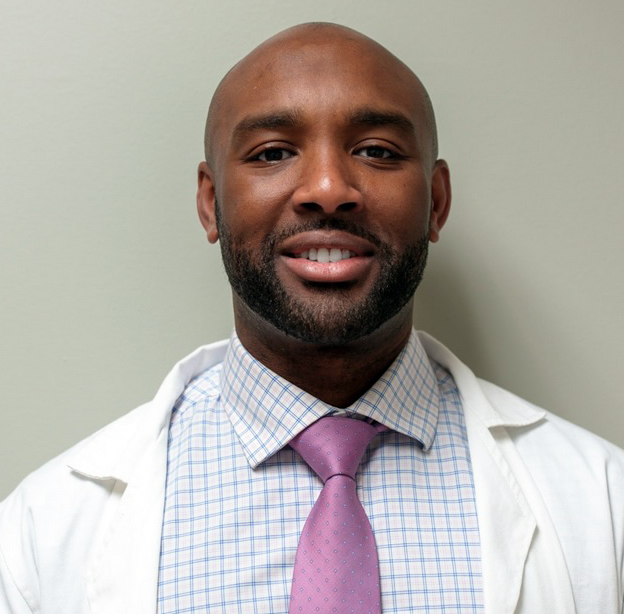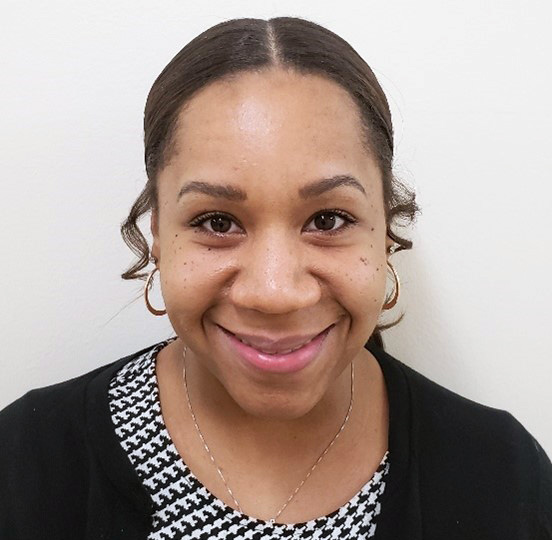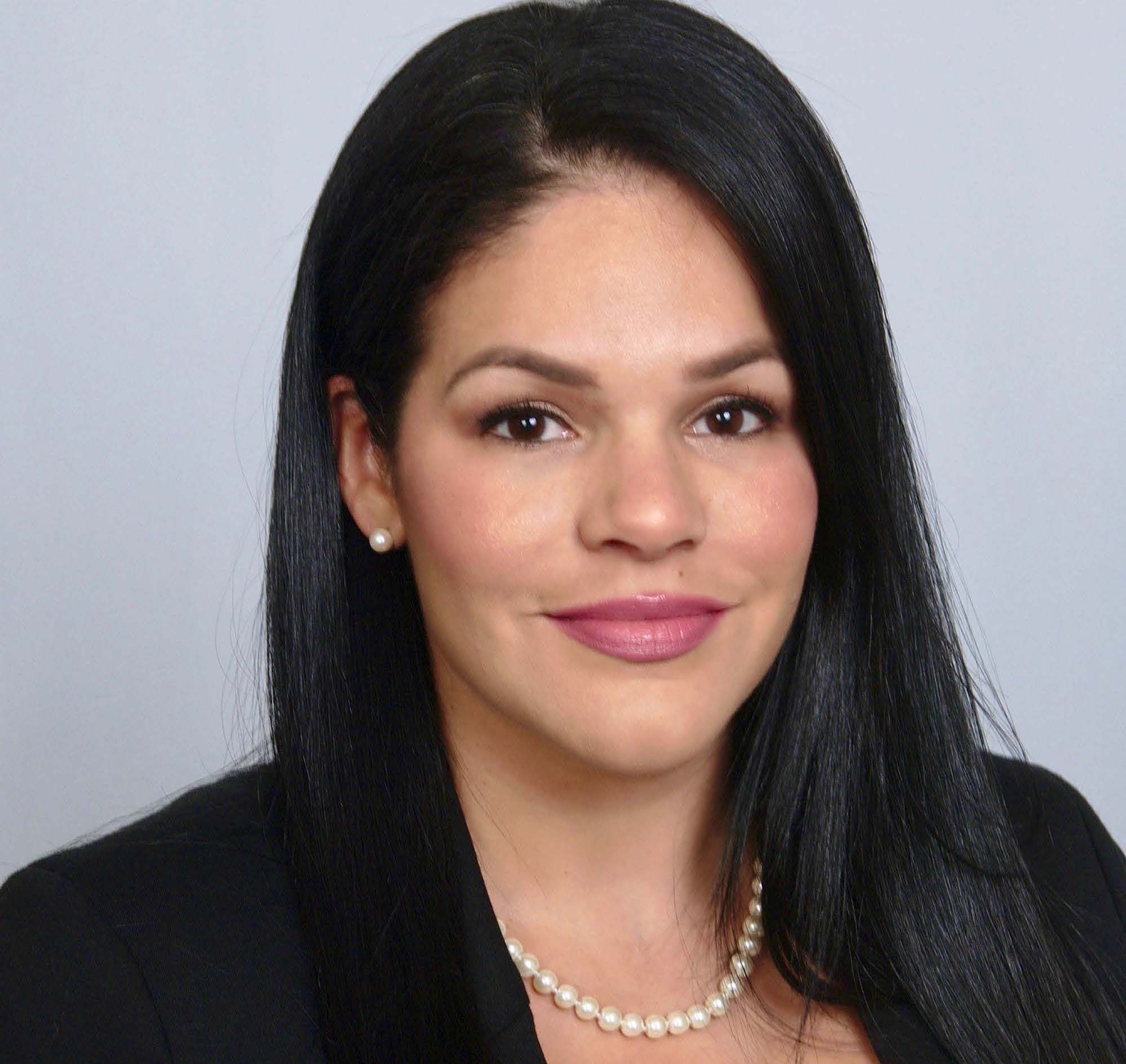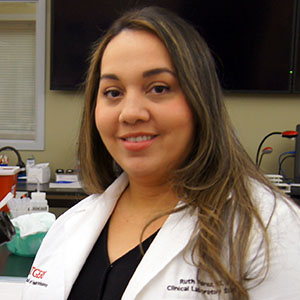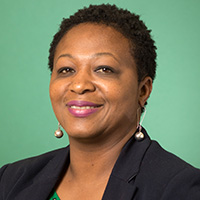NJ’s Only Masters’ Degree Recognized by the American Registry of Radiologic Technology (ARRT)
Our Master of Science Radiologist Assistant Program follows a nationally recognized curriculum that includes clinical and didactic instruction. Our graduates positively impact the delivery of care by ensuring high-quality standards within diagnostic imaging.
Why Study Radiologist Assistant at SHP?
According to the U.S Bureau of Labor Statistics, the need for advanced-practice radiographers is projected to grow faster than average. Those with expertise in more than one diagnostic modality will enhance their employment opportunities. Now is the optimal time to expand your skills by becoming a multi-competent radiographer.
$130,000
average starting salary of a Radiologist Assistant graduate.
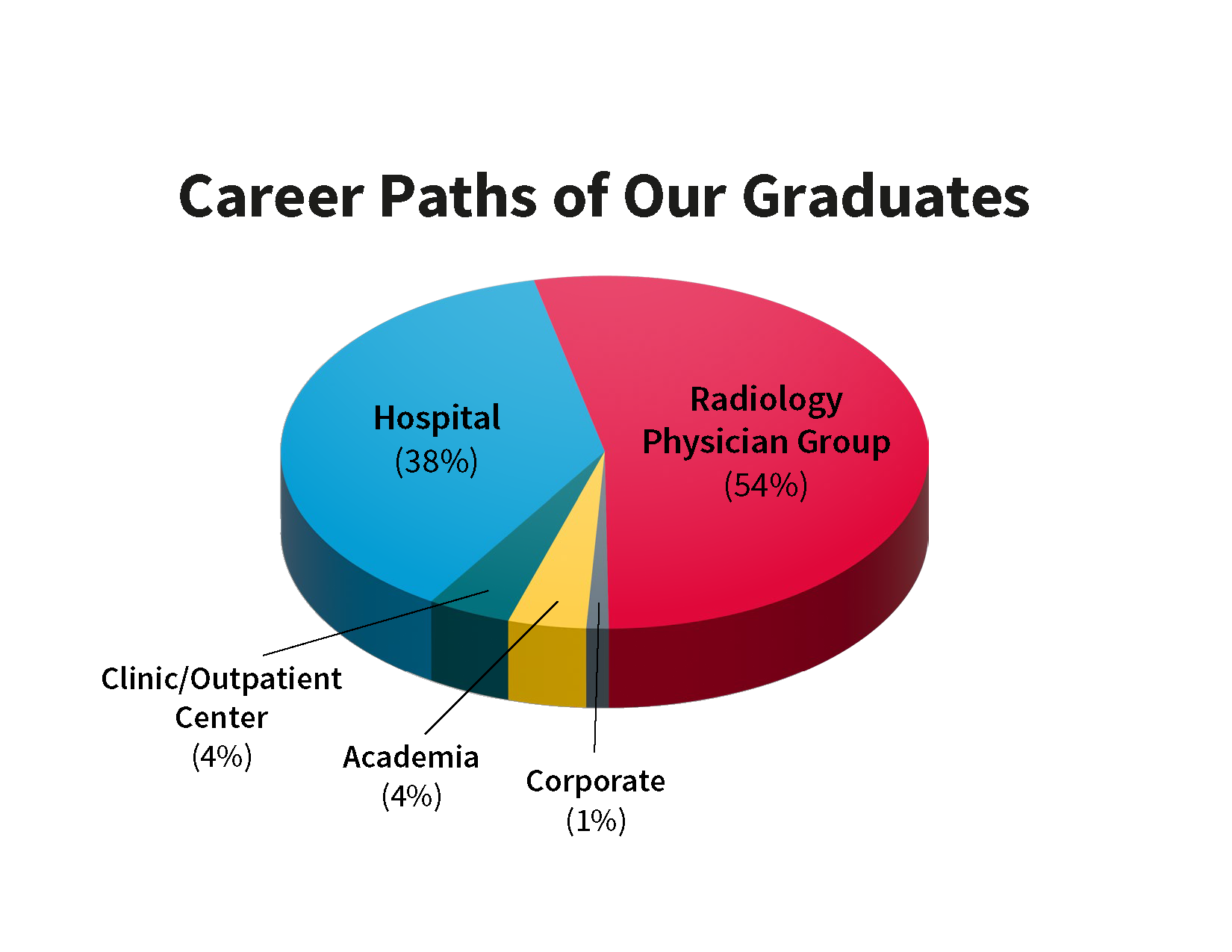
Program Highlights
We offer an online, 24-month master’s degree Radiologist Assistant program for radiologic technologist professionals who hold a bachelor’s degree and are certified by the American Registry of Radiologic Technology.
-
- New Jersey’s only masters’ degree program recognized by the American Registry of Radiologic Technologist (ARRT)
- Our program combines distance education with annual visits to campus to provide students with the benefit of face-to-face contact with faculty
- Radiologist Assistant program offers the opportunity for students to continue working while advancing their careers
- Consistent high pass rates on the national board certification exam.

Bridge to the Master’s Radiologist Assistant Program for ARRT Radiologic Technologists
For radiologic technologists looking to advance their career but haven’t yet earned a bachelor’s degree. The Bachelor of Science in Health Sciences (Degree Completion Track) offers a streamlined pathway to the Master of Science in Radiologist Assistant (RA) Program.
This track is an option for all ARRT-certified radiologic technologists who have graduated from an accredited Radiography program and earned an associate’s degree. Students will complete their B.S. in Health Sciences while preparing for the M.S. Radiologist Assistant program. Click here for more details: https://shp.rutgers.edu/bs-health-sciences/.
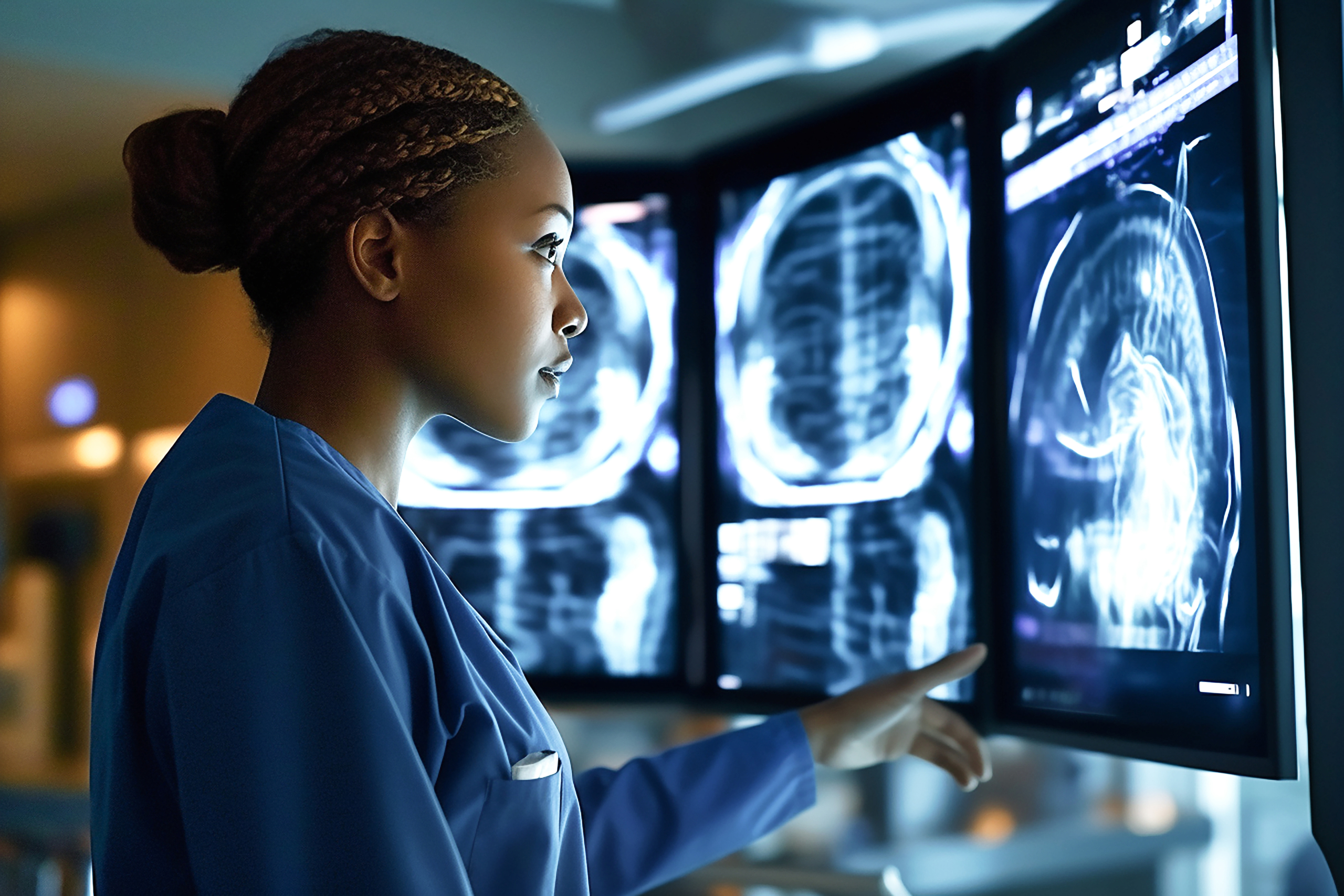
Learning Beyond the Classroom
Clinical Education
Students applying to the program must identify a radiology practice group that is American Board of Radiology (ABR) certified to serve as their mentor/preceptor who are willing to instruct and assess the competence of RA students working and learning under their supervision. This requires an established Clinical Memorandum of Understanding between the school and the clinical facility.
Program Overview

Raquel Perez
As an advanced care practitioner, the RA functions as a critical extension of a radiologist performing a variety of cases ranging from invasive and non-invasive procedures while improving productivity and efficiency at a time when the demand for imaging procedures is at its peak.
In our 46-credit program, students develop the skills to become advanced level practitioners, working under the supervision of a radiologist, to perform radiology examinations and procedures, evaluating image quality, and making initial observations that are communicated to the radiologist. Program graduates positively impact the delivery of care by ensuring high-quality standards with diagnostic imaging.
Students are expected to identify a radiology practice with an American Board of Radiology radiologist willing to mentor and assess the competence of the RA student.
- Graduates are able to perform as integral members of a healthcare team
- Graduates are able to take on leadership positions to enhance the profession
- Graduates are competent and effective in their skills and knowledge to perform as a radiologist assistant
Salary expectations: $130k+/yearly
See the 2023 Radiologist Assistant Compensation and Practice Survey.
A shortage of 35,000 unfilled seats for physicians including radiologists and other specialty physicians and is expected by 2034 according to the Association of American Medical Colleges (published in their 7th Annual Analysis of Physician Supply). Physician extenders such as the registered radiologist assistant may help with the shortage in this specialized field.
Few professions are expanding as rapidly as health care. According to the U.S Bureau of Labor Statistics, the need for advanced-practice radiographers is projected to grow faster than average. Those with expertise in more than one diagnostic modality will enhance their employment opportunities. Now is the optimal time to expand your skills by becoming a multicompetent radiographer.
Questions?
Please contact Program Director Raquel Perez at 908 889-2521 or perezbra@shp.rutgers.edu.
Accreditation
The Master of Science Radiologist Assistant program at Rutgers, the State University of New Jersey is accredited and meets the minimum requirements set forth by the American Registry of Radiologic Technologists (ARRT) and is in compliance until January 31st, 2026.
State Authorization and Professional Licensure Disclosure:
Please refer to the link below for current state laws regarding practice regulations and legislation.
Standards and Regulations – Legislation, Regulations, and Advocacy page on the ASRT website.
Admission Criteria
Applicants must:
- Be a graduate of an accredited radiography program and hold an ARRT credential
- Hold a bachelor’s degree with a grade point average of 3.0 or higher and submit official transcripts
- Submit a letter from employer showing employment as a radiographer for a minimum of two years
- Provide three letters of recommendation (two from a radiologist)
- Provide personal statement
- Provide proof of current BCLS certification
- Provide a notarized copy of current ARRT certification and state licensure
- Identify a radiologist to serve as your preceptor and provide Preceptorship Agreement
- Provide Preceptors ABR certificate, state license, and curriculum vitae
Additional Required Forms
International Applicants
International candidates must meet the same requirements as U.S. applicants and must have their foreign academic credentials evaluated by an AICE, CED, or NACES member service to ensure equivalency to U.S. education. RA candidates must hold an ARRT recognized Radiography credential before entering the RA program and have at least two years of clinical experience in Radiography.
SHP Tuition and Fees
For Tuition and Fees, please see the Graduate Tuition and Fees.
(Scroll down to 2024-2025 Rutgers Health Tuition and Fee Rates and click on School of Health Professions)
For Financial Aid information, please visit https://scarlethub.rutgers.edu/financial-services/
Curriculum
The M.S. in Radiologist Assistant program is an online, 46-credit graduate degree program designed to meet the needs and career goals of busy professionals. Students will enroll in 10 to 6 credits per semester.
The program requires students to attend labs on the Newark campus for a minimum of twice each year for 3 to 4 days. The program commences every September.
Course requirements and descriptions.
| Semester | Course# | Course Title | Credits |
|---|---|---|---|
| 1-Fall | |||
| MSRA5110 | Pathophysiology for Radiology Assistants | 3 | |
| MSRA5200 | Advanced Patient Care and Pharmacology | 4 | |
| MSRA5120 | Patient Assessment, Management and Education | 3 | |
| 2-Spring | |||
| MSRA5111 | Imaging Pathophysiology and Clinical Pathways I | 3 | |
| MSRA5100 | Radiobiology, Radiation Safety and Health Physics | 3 | |
| MSRA5230 | Roles and Responsibilities in RAD. Procedures, Tech, & Quality Care | 3 | |
| 3-Summer | |||
| MSRA5212 | Imaging Pathophysiology and Clinical Pathways II | 3 | |
| MSRA5219 | Clinical Preceptorship and Image Evaluation I | 3 | |
| MSRA5112 | Law, Regulation, and Risk Management | 1 | |
| 4-Fall | |||
| MSRA5319 | Clinical Preceptorship and Image Evaluation II | 3 | |
| MSRA7700 | Radiologist Assistant Special Topics | 3 | |
| 5-Spring | |||
| MSRA6219 | Clinical Preceptorship and Image Evaluation III | 3 | |
| IDST6200 | Research Methods for the Health Sciences | 2 | |
| 6-Summer | |||
| MSRA7209 | Clinical Internship | 9 | |
| Curriculum Total: | 46 |
FAQs
Our Master of Science Radiologist Assistant Program was designed to offer radiologic technologists the opportunity to expand their careers through a comprehensive online program.
Bachelor’s degree with a 3.0 average or above, graduation from an accredited Diagnostic Radiology program, preceptorship agreement.
Please refer to program-specific admissions criteria for specific required prerequisite courses.
Students apply online.
Yes. The best source for financial aid information is at the Rutgers Student Financial Aid Office. They can be contacted 973-972-4376.
Information on tuition and fees can be found here.
Yes. Rutgers University and the School of Health Professions offer a limited number of scholarship programs.


![KeithAlvarado(1)[67] Keith Alvarado, Memorial Sloan Kettering Cancer Center, NYC](https://shp.rutgers.edu/wp-content/uploads/KeithAlvarado167.jpg)

